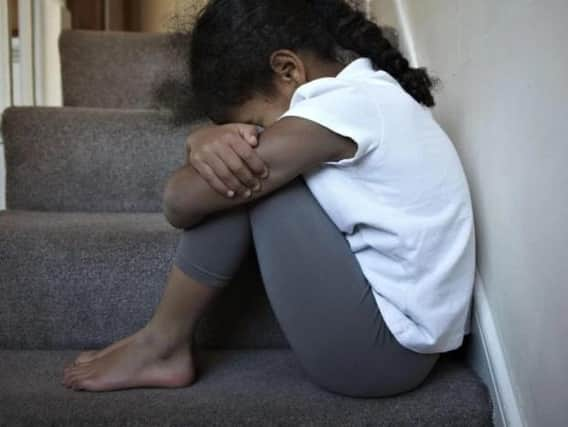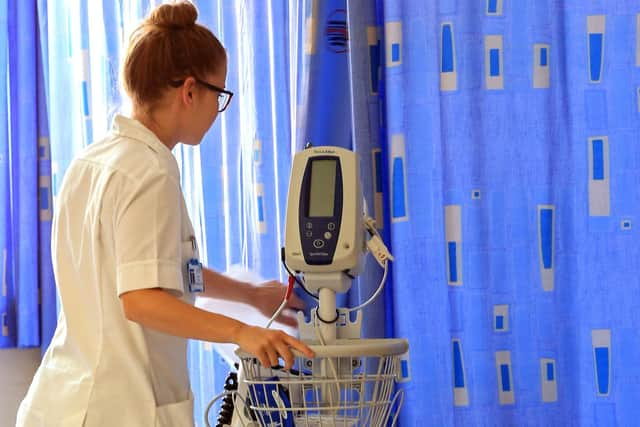Horrifying figures reveal extent of female genital mutilation victims in Yorkshire


Data released by NHS Digital has shown the extent of girls and women in the region who have previously been cut.
Female genital mutilation, or FGM, is a practice of removing parts of female genitalia for non-medical - often cultural - reasons that provides no health benefits but can leave girls and women exposed to higher risk of infection, infertility and death, as well as psychological trauma.
Advertisement
Hide AdAdvertisement
Hide AdThe practice is illegal in the UK and punishable by up to 14 years in prison, but is still carried out across the world and predominantly in African countries including Sierra Leone and Ethiopia.


Data compiled by various clinical commissioning groups (CCGs) nationally and released by NHS Digital has revealed that as many as 182 females treated by health professionals in Yorkshire between January and March this year had undergone FGM at some point in their lives.
The figures are approximate only and no ages have been given to prevent any identification of victims among communities.
Most of these women and girls' injuries were already known about, according to the data, with victims typically taken overseas for the procedure before the age of 15 and not being identified or treated by the NHS until they are pregnant.
Advertisement
Hide AdAdvertisement
Hide AdOf them, some 62 were new victims whose injuries were reported to the NHS for the first time, although approximation means the real figure may be higher.


In a break down by CCG districts, Sheffield, Wakefield and Hull had the highest number of FGM victims treated by medical staff, with approximately 40 victims in Sheffield alone.
The NHS treated 25 victims in Wakefield between January and March, and in Hull there were approximately 20 seen.
Bradford had approximately 20 victims seen by the NHS across its two CCGs - District and City.
Advertisement
Hide AdAdvertisement
Hide AdMost of the victims in Yorkshire had been taken to countries in Eastern or Western Africa.
However, CCGs for North Kirklees, Airedale and Scarborough & Ryedale found most victims had been cut in the UK where the practice is banned.
In March last year, a woman was jailed for 11 years at the Old Bailey for carrying out FGM on her daughter when she had been three years old. The landmark case was the first - and to date, only - where someone in this country has been jailed for the practice.
The National FGM Centre, run by children's charity Barnardo’s and the Local Government Association, has now said warning signs that a girl may be at risk of being cut could go unheard while children across the UK are not attending school during the coronavirus lockdown.
Advertisement
Hide AdAdvertisement
Hide AdLeethen Bartholomew, the centre's head, said: "While children and young people are at home, they are not linked to professionals and there are no services in contact with them – if there is a concern we wouldn't know.
"They don't have those opportunities to hear concerns and respond to disclosure."
Mr Bartholomew added that vital questions which could identify someone as a FGM victim may also be going unasked during health visits, leaving women without the opportunity to seek support.
"It's important to remember that it is mandatory to record, but it is not mandatory to ask the question," he said.
Advertisement
Hide AdAdvertisement
Hide AdNaana Otoo-Oyortey, executive director for the charity Forward which educates, safeguards and supports women affected by FGM, said the impact of Covid-19 on black and minority ethnic communities had been "extremely challenging", with survival concerns and loss of jobs leading to family tension.
"Many women are experiencing multiple challenges including grief, trauma and violence and not focusing on their personal needs. Anecdotal stories indicate that women are not seeking services over this period", she said.
"At Forward we have found the best way to reach women in their homes is through community champions who have been trained to provide peer to peer outreach."